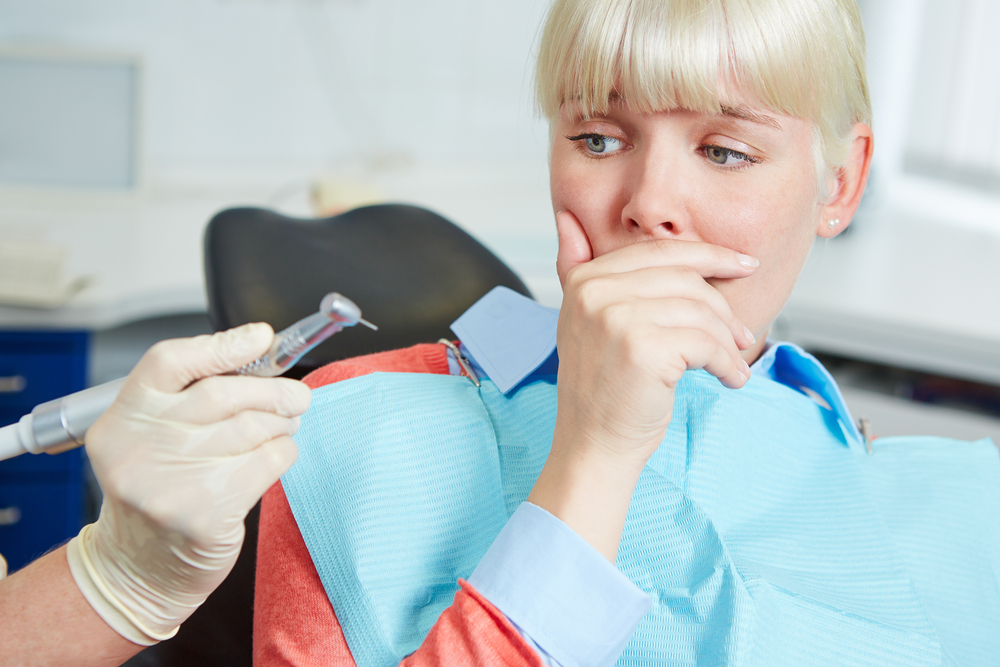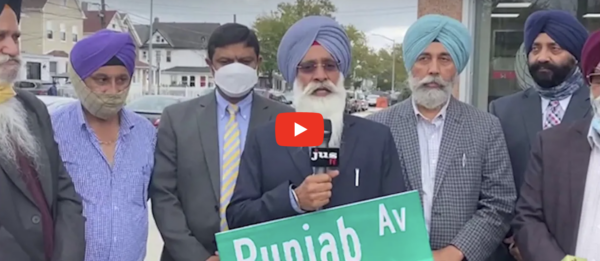Most of us were probably afraid of going to the dentist as a child. While it’s probably still not our favorite activity as adults, there are some of us who deal with persistent and paralyzing anxiety about visiting the dentist’s office. This is a legitimate condition called dental phobia.

What Is Dental Phobia?
A phobia is a feeling of severe anxiety in response to a specific thing or situation. Dental phobia, also known as odontophobia, is the fear of situations related to dental visits or treatment. It may include fearing a dental environment like an office or exam room, dental tools, and procedures, or even fearing actual dentists.
Do I HaveOdontophobia?
Most of us dislike dental exams and procedures, and it’s normal to have some level of anxiety in response to those situations. But a dental phobia is anxiety on a whole other level. A few indications that you are suffering from this phobia include the following:
- Avoidance. Dental phobia may cause the sufferer to post one dental treatment for months, years, or even decades.
- Intense anxiety. The anxiety caused by dental phobias extremely severe. It can cause internal to see emotional distress or a feeling of impending doom.
- Physical symptoms. Insomnia, nausea, crying, and a feeling of difficult breathing may occur leading up to ordering a dentist visit.
WhatCausesIt?
Therearemanyfactorsthatmaycontribute to the development of a dental phobia. Just a few include the following:
- Negative past experiences. Those who have had bad experiences visiting the dentist in the past are more likely to develop on phobia.
- Fear of pain. Sufferers of dental phobia may be indirectly afraid of the pain the expect during an exam or procedure. This is more common among Golder patients whore received dental care prior to some of the modern technology that has made most treatment minimally or totally pain-free.
- Personal space. A dental exam procedure usually involves the invasion of our personal space or “bubble.” This can also contribute to odontophobia.
- Embarrassment. If your teeth are in bad shape, you may be embarrassed to have a stranger examining them up close.
- Control issues. Being unable to see or anticipate what is being done to your mouth and teeth can cause one to feel a loss of control.
HowDo I Cope?
While the help of a mental health professional may be required in severe cases, there are many other ways to deal with your phobia. Some dentists even specialize in treating patients with phobias. Dr. Michael Krochak DMD is a dentist in New York, NY who has been lecturing and writing about the subject for over 30 years. He has been quoted as saying, “I have helped countless patients overcome their fears, attain health, reestablish the smiles, self-confidence can maintain themselves comfortably for the rest of their lives.” To read more about his practice, visit his Facebook.
Whether you can see a specialist or not, the most important action you can take is sharing your fears with the dentist and hygienists at your appointment. Many people experience the same fears, so it’s almost guaranteed that you are not the first person with a phobia they have encountered. They can help you by verbally walking you through what they are doing. Some other ideas to con side and discuss with the staff are breathing exercises, meditation, listening to music, or agreeing upon a signal you can give if you need a break. They may also have their own advice they have discovered through experience. If the dentist isn’t sympathetic to your concerns, you should see another dentist.
A ConquerableFear
While dental phobia can be extremely scary and hard to deal with, there is hope. Manyothershavesuccessfullylearned to cope with and overcome these fears, and you can do the same.
Image Credits: Dental Phobia from Robert Kneschke /Shutterstock






